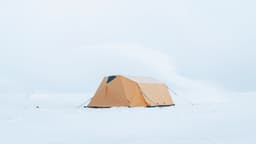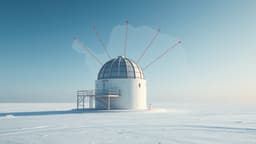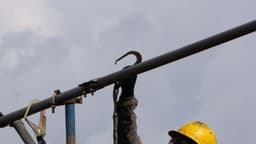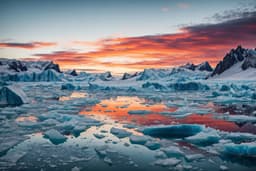Home / Environment / Cryosphere Scientists Offer Glimmer of Hope Amid Rapid Ice Loss
Cryosphere Scientists Offer Glimmer of Hope Amid Rapid Ice Loss
12 Nov, 2025
Summary
- Hektoria glacier in Antarctica lost half its ice in 2 months
- Greenland rapidly shedding vast ice sheets
- Aggressive emission cuts by 2025 can limit warming to 1.5°C by 2100
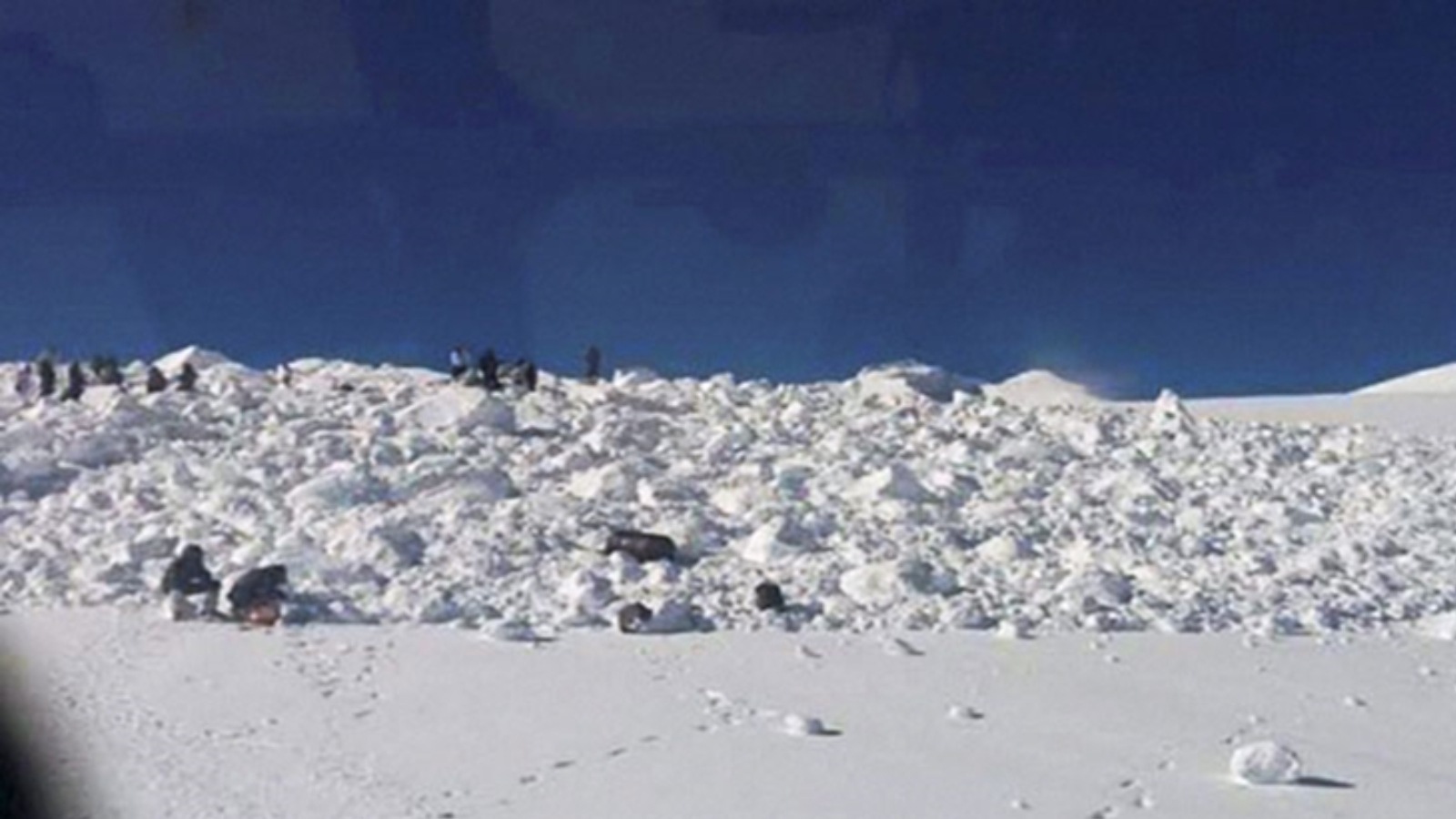
As the COP30 climate conference in Brazil is underway, a new report from leading cryosphere scientists paints a concerning picture of the rapid ice loss occurring around the world. The Hektoria glacier in Antarctica, a relatively small glacier, has lost half its ice in just the past two months. Meanwhile, Greenland is fast shedding its vast ice sheets. The message from across the globe is clear - the planet is losing ice at an unprecedented rate as temperatures continue to rise.
However, the report also offers a glimmer of hope. The scientists say there is still a small window to prevent the worst-case scenario and preserve the cryosphere and the populations that depend on it. They outline ambitious pathways that, if implemented immediately, can bring global temperatures back below 1.5°C by 2100 and even below 1°C in the next century. This would involve phasing out fossil fuels, halting deforestation, and scaling up renewable energy and carbon dioxide removal efforts.
The report emphasizes that while some ice loss is now irreversible, aggressive action starting in 2025 can still make a significant difference in limiting further catastrophic impacts. With the right policies and technologies, the scientists believe a future of continued cryosphere decline is not inevitable.

